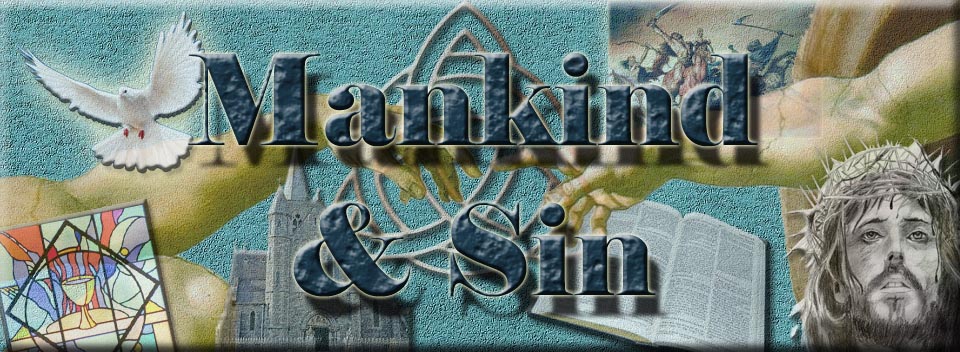
Scripture Usage of
נֶפֶשׁ
(nephesh)
and
רוּחַ
(ruach),
And
of the Corresponding Greek Words.
By Prof. James Strong, S. T. D.,
Drew Theological Seminary, Madison, N. J.
Taken from THE HEBREW STUDENT Volume 2 Issue 4 December 1882
|
These words are
variously rendered in our
Bibles, and they really have different senses according
to the context and application;
but there are certain distinctions
invariably maintained between
them, although these are not accurately
represented by the ordinary uses
of the English terms “soul” and “spirit.”
It will be found that
On the other hand רוּחַ and πνεῦμα are equally allied to each other, both springing from roots (רוּחַ and πνέω) signifying to blow, and often used literally of wind or an inviolent motion. They are regularly spoken of angels (whether good or bad) and of God, but are never applied to beasts except in very few passages (Gen. vi. 17, vii. 15, 22; Ps. civ. 29 ; Eccles. iii. 19, 21) by way of Zeugma with man. It thus appears that these two sets of words properly represent respectively the lower order of animated creation and the higher range of intellectual and moral beings. In as much as man partakes of both these elements, having a vital, moving, sensitive body, as well as a consciously rational and accountable soul, he may appropriately be designated by either of them, as viewed from the animal or spiritual side. Accordingly we find them applied almost indiscriminately to him as a living sentient being. The sacred writers do not nicely distinguish, at least by their use of these terms, between his different faculties, although נֶפֶשׁ and ψυχη seem to point more or less directly to the passions and emotions which characterize him bodily and personally, while רוּחַ and πνεῦμα relate rather to those trials which befit him mentally and morally. In a few passages (especially of the New Testament, e. g. 1 Cor. XV. 45; 1 Thes. v. 23) this line of demarcation is somewhat sharply defined; and in the adjective forms ψυχικός and πνευματικός a similar distinction appears, but is usually turned in the Christian direction of the natural as opposed to the regenerate state, once (1 Cor. xv., 44) of the body as subject to a kindred change in the resurrection.
|
||
|
||
-
Site Navigation
 Home
Home What's New
What's New Bible
Bible Photos
Photos Hiking
Hiking E-Books
E-Books Genealogy
Genealogy Profile
Free Plug-ins You May Need
Profile
Free Plug-ins You May Need
 Get Java
Get Java.png) Get Flash
Get Flash Get 7-Zip
Get 7-Zip Get Acrobat Reader
Get Acrobat Reader Get TheWORD
Get TheWORD

